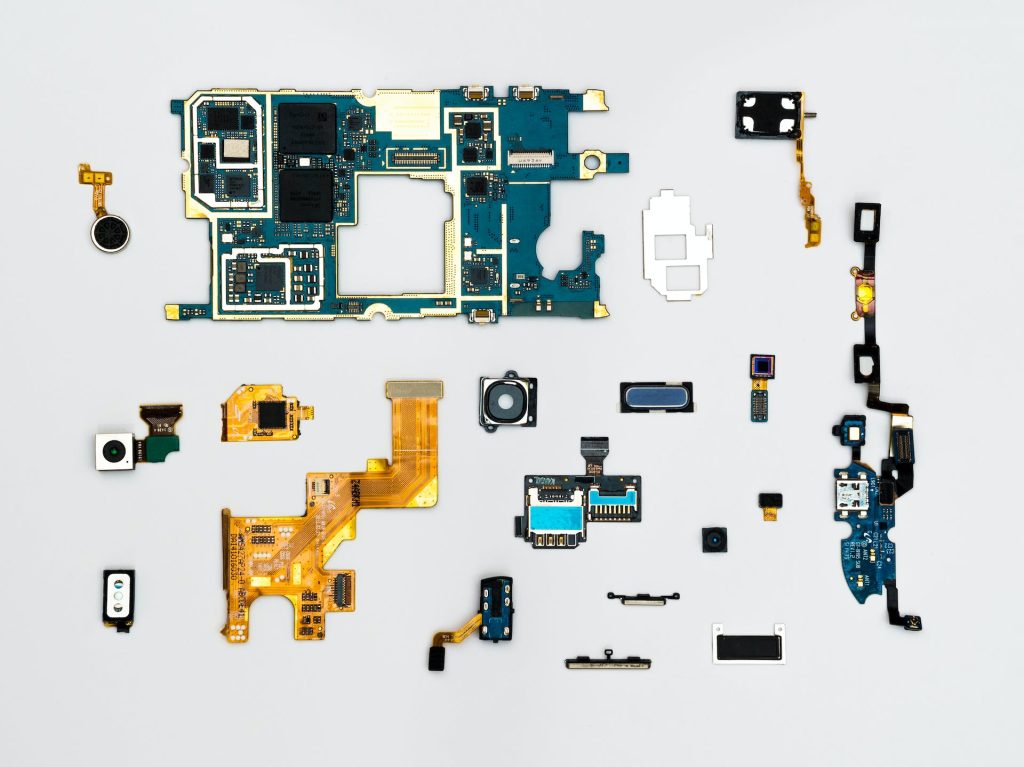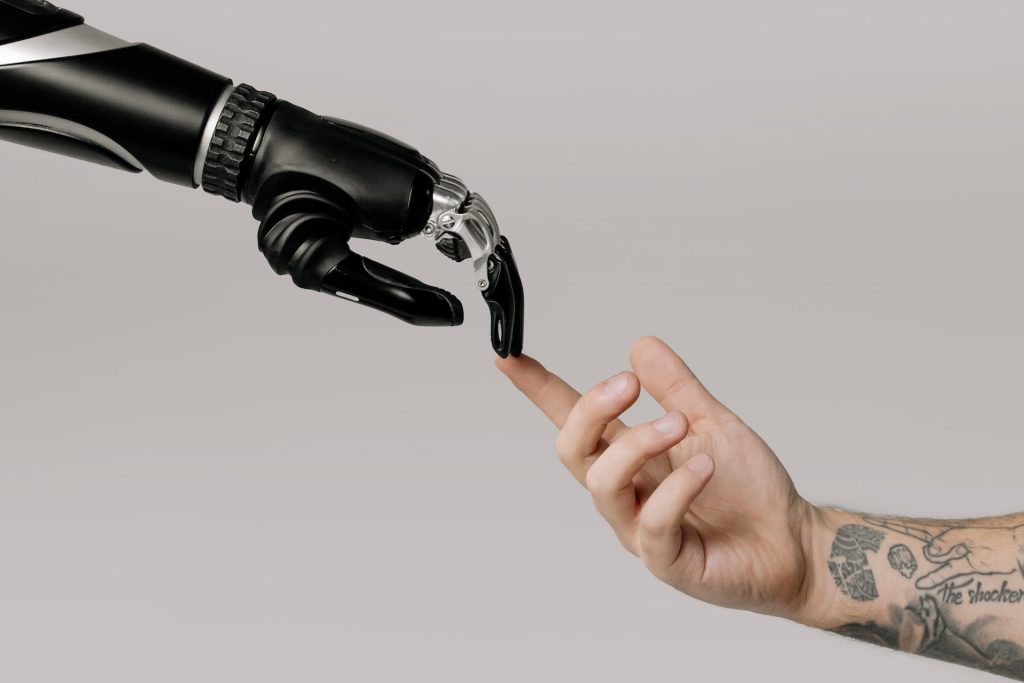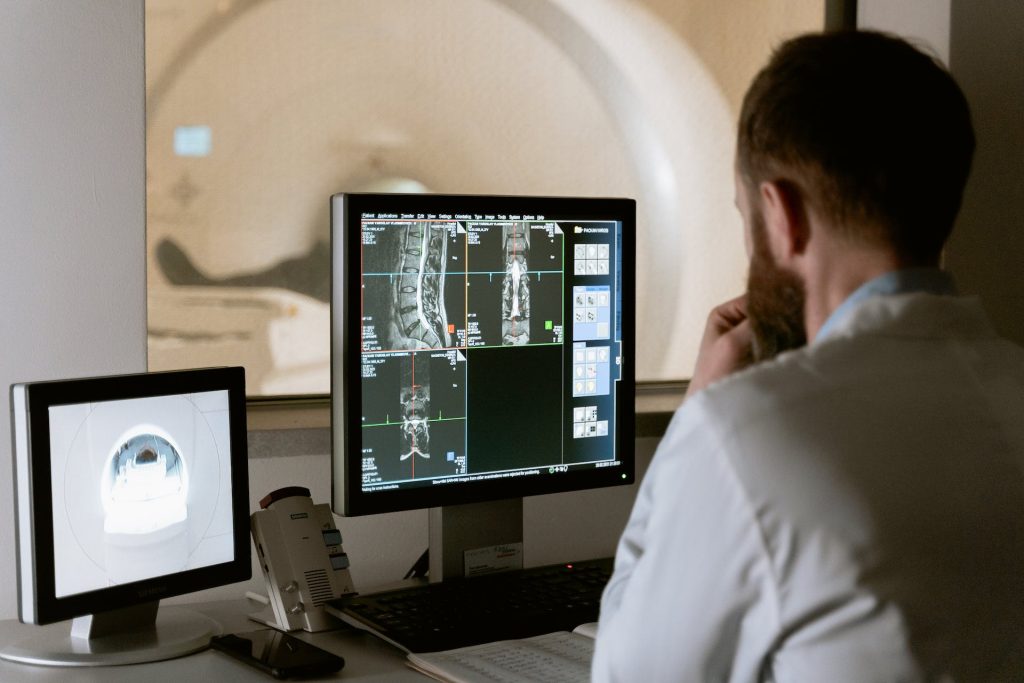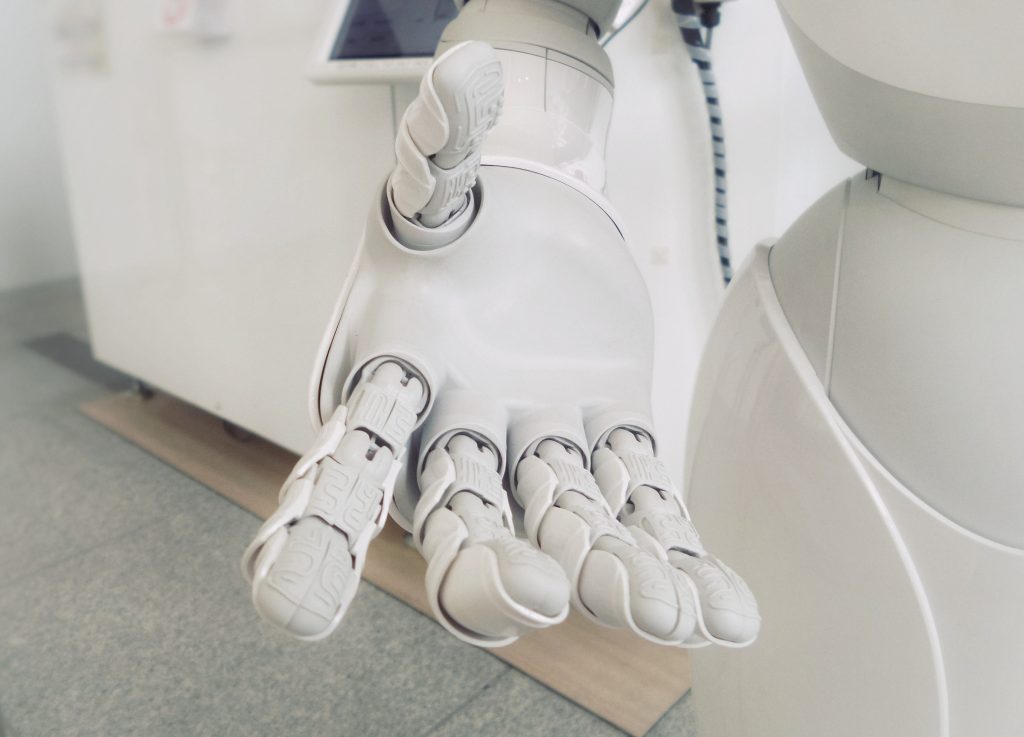Technology continues to permeate all aspects of our modern life and continues to improve. With that, there is no doubt at all that some of these technological advancements, such as artificial intelligence for example, would make their way into the health sector as well.
Artificial intelligence (AI) has opened up a whole new chapter of innovative, efficient, and versatile ways to provide healthcare services. There are obvious benefits to this technology but it also comes with its challenges, however, AI has more prospects in the future as well.
The Emergence of Artificial Intelligence in Healthcare
Contents
- 1 The Emergence of Artificial Intelligence in Healthcare
- 2 Understanding the Telemedicine Trend
- 3 Benefits of Artificial Intelligence in Healthcare
- 4 Telemedicine and Artificial Intelligence – A Powerful Combination
- 5 Challenges and Risks of Implementing AI in Healthcare
- 6 Future of Artificial Intelligence and Telemedicine
In the computer science field of artificial intelligence, there are systems that will carry out activities that ordinarily require human intelligence. The activities that AI can carry out include decision-making procedures, speech recognition, and a whole bunch more tasks.

Apart from being a cool idea or gimmick, AI is currently becoming a crucial component of several sectors of society, especially in a field that saves lives such as healthcare. With its ability to revolutionise patient care and medical delivery, AI technology has become more popular over the past decade in multiple institutions.
The healthcare sector has been seeing exponential growth due to many factors. The factors that have been affecting this growth are the emergence of modern technologies, increasing advancements in robotics, the rising prevalence of chronic diseases, and the increased need for personalised and precise medicinal practice. With that, AI is giving the ability for the healthcare sector to offer innovations to streamline operations, improve patient outcomes, and reduce healthcare costs.
Understanding the Telemedicine Trend
A growing trend that there is in this industry is telemedicine which involves providing healthcare services from distances using information and communication technology. This revolves around a wide array of services which include appointments, monitoring, and diagnoses done remotely. With the current trend, patients can access healthcare services without being physically present at healthcare facilities.

With this trend of telemedicine, the application of AI to this is significant in healthcare. When coupled, the potential for telemedicine will reach even greater efficacy and become optimal to where patients will receive improved health care services. With that, there will be AI-powered digital health platforms that will have features like remote monitoring, diagnosis, and treatment.
Benefits of Artificial Intelligence in Healthcare
The application of AI in healthcare has many advantages it will increase the accuracy of the diagnoses. AI algorithms will also allow machines to learn from past examples and recognise patterns and this will help doctors diagnose patients more quickly and precisely while at the same time lowering human error.

AI can also assist medical professionals with faster treatment decisions which will sift through the vast amounts of data quickly and efficiently to help decide the course of action. This will reduce the time it takes to make critical decisions about patient care and also provide additional insights such as images, patients, histories etc. in almost no time.
Importantly, AI has paved the way for increased patient involvement through telemedicine. From scheduling appointments online to consulting with physicians through secured video conferencing platforms, the AI-powered telemedicine trend ensures patients can manage their health efficiently and conveniently from the comfort of their homes.
Telemedicine and Artificial Intelligence – A Powerful Combination
In regards to delivering healthcare, AI, and telemedicine working together, they create powerful and effective advances in patient care. Through the mutually beneficial interactions of this combination, there is the potential to improve telemedicine through various means such as automatic scheduling, chatbot-based initial patient encounters, monitoring patients remotely, support, predictive analytics, and even helping create customised treatment regimens.

Right now, there is the application of AI in telemedicine and one example is Ada which is an AI-powered app that offers personalised health information and guidance. Ada helps users understand their symptoms and then offers guidance on what steps they can take next. Another example of AI being used is one that assists clinicians in interpreting radiology images remotely. This allows swift and precise diagnoses regardless of whether the doctor, patient, or even both are in the clinic.
Challenges and Risks of Implementing AI in Healthcare
AI in healthcare has many impressive advantages, but several obstacles prevent it from reaching its full potential. Concerns about data privacy, for example, can arise. Since a variety of sources are typically employed to gather the vast amounts of patient data utilised in AI systems, security and confidentiality are of utmost importance and are occasionally compromised.

There are technical issues that occur often in regard to the accuracy of data interpretation by AI algorithms. It should be noted that machines are not entirely error-free as they are susceptible to inaccuracies which can cause risks of medical errors.
Furthermore, these issues also directly impact the telemedicine trend. With that, the effectiveness of implementing telemedicine and AI systems in healthcare will depend on the quality, accuracy, and protection of patient data.
Future of Artificial Intelligence and Telemedicine
There is a prediction that the contribution of AI in healthcare, especially in the world of telemedicine, will continue to grow in the future. The global pandemic already had created the need to integrate AI and telemedicine since people were staying indoors which reduced accessibility to physical healthcare services thus encouraging accessing it citurally. As such, the adoption of AI was expected to start and will continue to grow in the future as various sectors strive towards digitization.

Within the new era of healthcare, the integration of AI and telemedicine has paved the way for numerous groundbreaking advances. These advances range from enhancing diagnostic accuracy to real-time patient monitoring alongside improving the patient experience.
As attractive as this is, there are still challenges in this field that could make it unattractive to adopt or even fatal. These obstacles serve as goals to overcome and as they are being worked on, artificial intelligence will be integral. In the future, the combination of AI and telemedicine will continue to play a critical role in making healthcare more accessible, innovative, efficient, and personalised.

